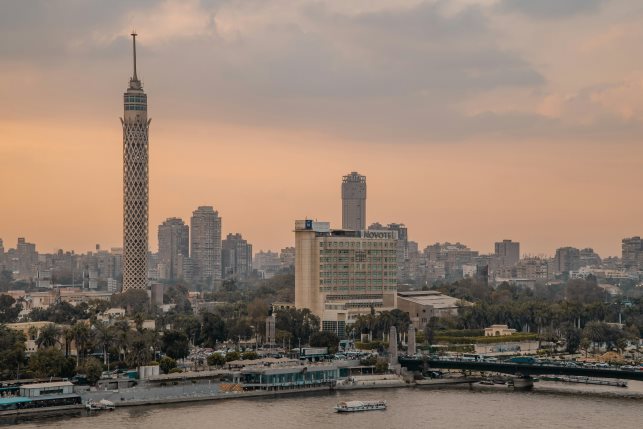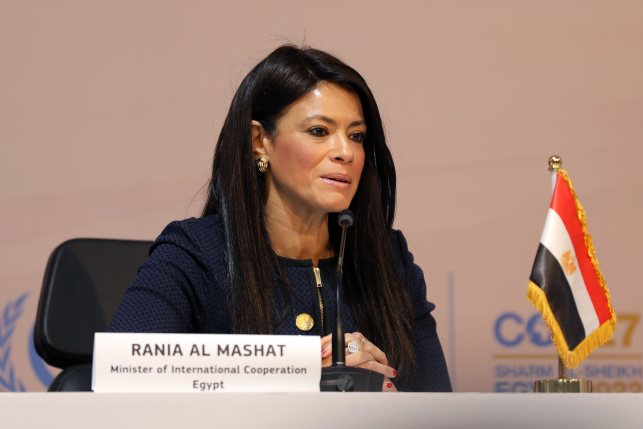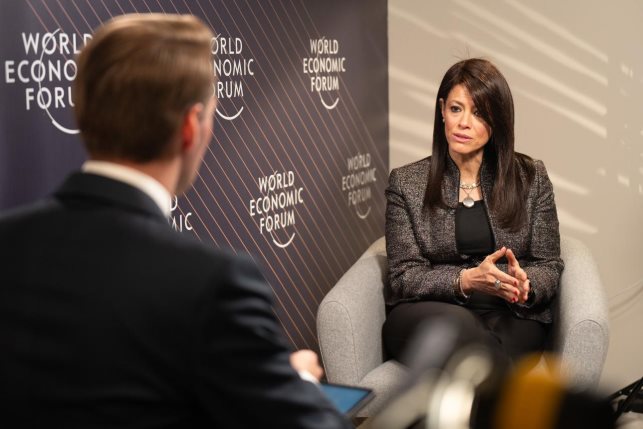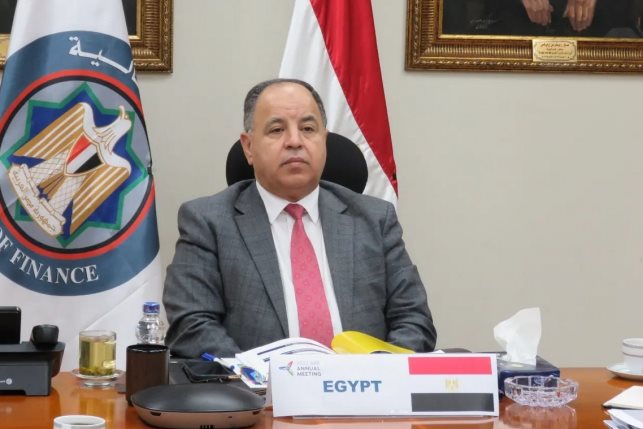FRA Chairman calls for enhancing stability and flexibility in global financial markets
Mohamed Farid, emphasized the importance of achieving stability in future financial markets and managing the relationship between growing capital markets and stability implications
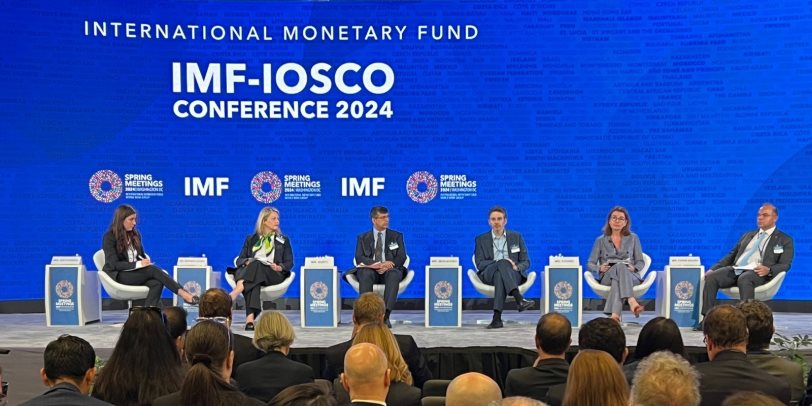
In a recent participation at the annual meetings of the International Monetary Fund (IMF) in Washington, Chairman of the Financial Regulatory Authority, Mohamed Farid, emphasized the importance of achieving stability in future financial markets and managing the relationship between growing capital markets and stability implications.
The meetings included the first joint conference between the IMF and the International Organization of Financial Market Regulatory Bodies (IOSCO), discussing key issues facing markets and investors.
Farid highlighted the unique perspective gained through continuous engagement and active participation in international forums, emphasizing the need to address challenges and provide solutions to improve market liquidity, transparency, and disclosure. He stressed the importance of developing pricing models that go beyond traditional patterns for government bond markets, particularly those related to sustainability and climate.
To stimulate liquidity and trading on both government and corporate bond markets, Farid called for increased transparency and disclosure, along with simplified and streamlined issuance procedures. He emphasized the significance of fairness in the requirements imposed on companies listed in public and private markets, as it contributes to enhancing financial stability and flexibility.
During the joint conference, participants explored the recent crises and challenges faced by various financing markets, including weaknesses in liquidity and flexibility, especially in short-term financing markets, corporate bonds, and government bonds. The session aimed to identify the factors contributing to the lack of liquidity in these markets and proposed sound solutions and policies to enhance market flexibility.
Farid also discussed Egypt's recent bold reforms, such as currency devaluation and raising interest rates, aimed at restoring investor confidence and supporting macroeconomic indicators. He emphasized the importance of diversifying financing markets to provide greater flexibility and options for obtaining the necessary financing to support Egypt's development plans. Furthermore, he stressed the need to simplify bond issuance procedures and enhance global settlement platforms to attract more international investors.
Farid underscored the importance of balancing requirements between public and private markets. He highlighted that companies listed in public markets must meet additional governance, disclosure, and sustainability-related requirements compared to companies operating in private markets. To maintain financial stability and improve customer protection, he called for mandating all companies, regardless of market registration, to comply with governance, climate, and sustainability requirements.


